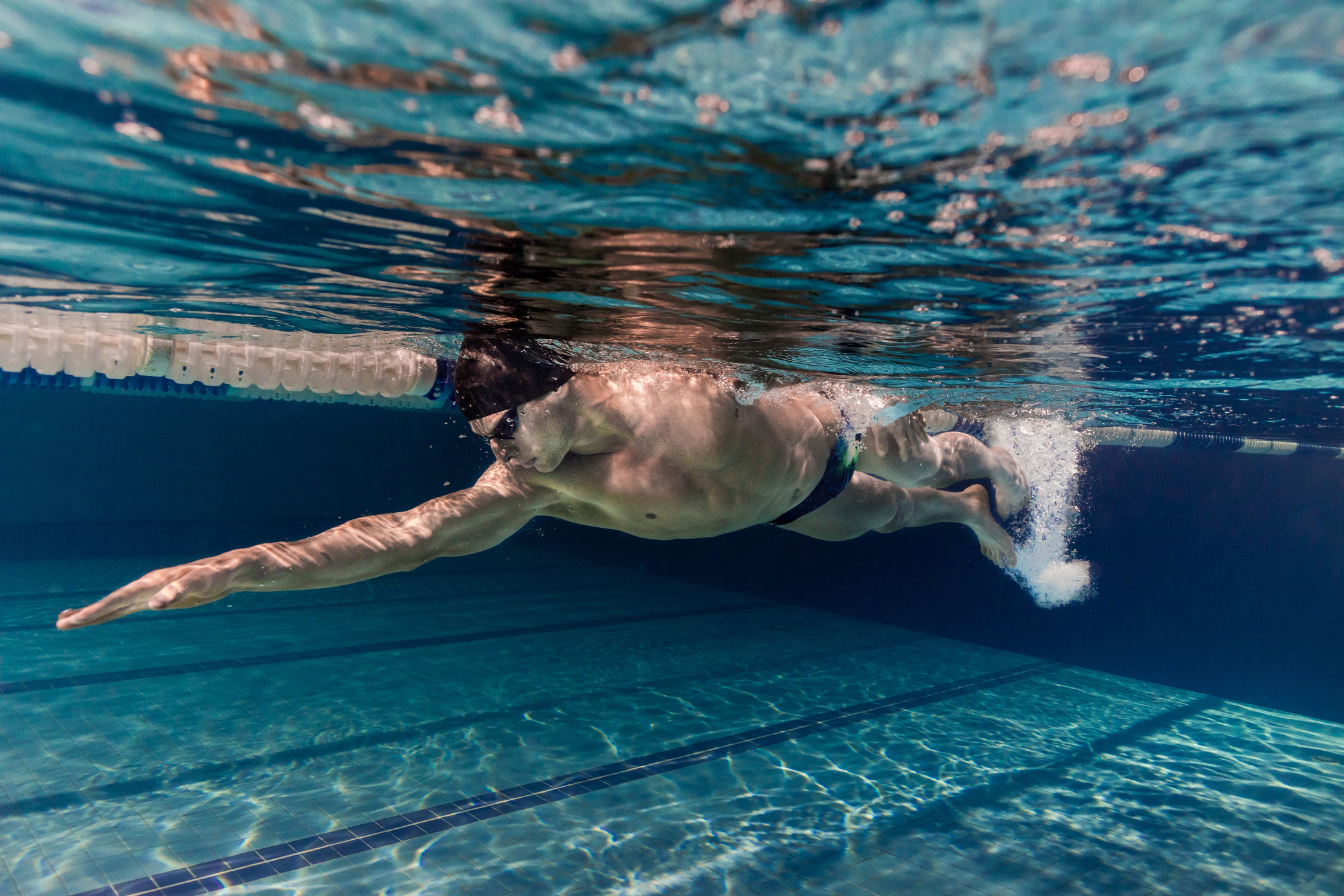
- Training driven
- Race driven
- Outcome driven
Training Driven.
Traits
- Never misses a session
- Does exactly what the program says in time or distance
- Trades sleep and family time for training time
- Trains at small intensity bandwidth, reduces high intensity, increases low intensity
- Rarely race to potential, the race becomes another training day.
- Nutrition is fuel for training, minimal focus on nutrients and recovery.
- Skips balance, timing and technique training components.
Risks
- Can easily over-train or under-train
- Misses opportunity of physical adaptations acquired outside of race pace including aerobic development and force/power development
- Minimises adaptations due to training fatigued or not reaching true overload needed for optimal adaptation
- High risk of injury and fatigue related illness
- Races safe, does not race to potential
Race Driven.
Traits
- Tends to skip sessions that are not “Race Like” or challenging.
- Not willing to do the necessary “boring” miles.
- Looks for performance improvements every sessions.
- Trains at small intensity bandwidth, increases high intensity, reduces low intensity
- Nutrition is fuel for going fast, minimal focus on nutrients and recovery.
- Skips balance, timing and technique training components.
Risks
- Can easily over-train at high intensity
- Misses opportunity of physical adaptations acquired outside of race pace, specifically aerobic development
- Minimises adaptation my not reaching true overload in base / aerobic volume needed for optimal endurance performance.
- Races hard with the fitness they bring to the start line, but low on control, tends to “blow up”.
Outcome Driven.
Traits
- Focuses on adaptations required for increased endurance performance
- Each session has a focus on a physical or mindset adaptation
- Attention to detail
- Trains with a broad intensity bandwidth, short quality high intensity sessions, long quality low intensity sessions
- Training includes balance, timing and technique components
- Nutrition is for fuel, recovery and health. Strong nutrient focus. Attention to detail on Carb / Fat for fuel balance.
- Curious and inquisitive about training and recovery strategies
- Races hard, but with control.
Risks
- Can de-prioritise family / social time
- Must ensure other lifestyle outcomes also get focus.










